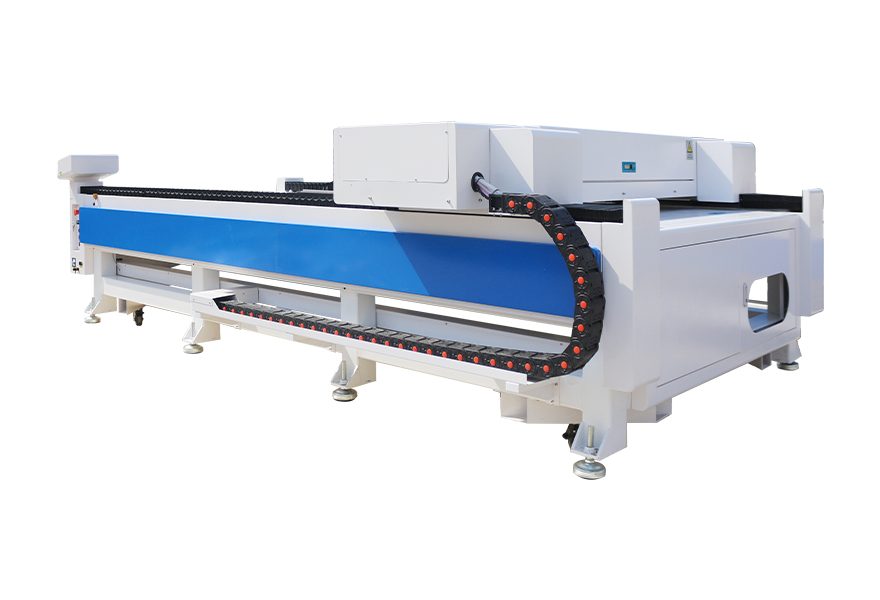

Revolutionary CO2 Laser Technology Cuts Through Metal with Ease
Introduction
The use of lasers in industrial applications has been steadily increasing over the past few decades. One of the most popular types of lasers used in industrial applications is the CO2 laser. This type of laser is capable of cutting through a variety of materials, including metal. In this article, we will discuss the advantages of using CO2 lasers for cutting metal and how this revolutionary technology is revolutionizing the metalworking industry.
What is a CO2 Laser?
A CO2 laser is a type of laser that uses a mixture of carbon dioxide and other gases to generate a beam of light. This beam of light is then focused onto a target material, such as metal, and is used to cut or engrave the material. CO2 lasers are highly efficient and can cut through metal with ease.
Advantages of Using CO2 Lasers for Cutting Metal
There are several advantages to using CO2 lasers for cutting metal. First, CO2 lasers are highly efficient and can cut through metal quickly and accurately. This makes them ideal for industrial applications where speed and accuracy are essential. Additionally, CO2 lasers are capable of cutting through a variety of metals, including stainless steel, aluminum, and titanium.
Another advantage of using CO2 lasers for cutting metal is that they produce very little heat. This makes them ideal for cutting delicate materials, such as thin sheet metal, without damaging the material. Additionally, CO2 lasers are capable of producing intricate designs and patterns on metal surfaces.
Conclusion
CO2 lasers are revolutionizing the metalworking industry. They are highly efficient and can cut through a variety of metals with ease. Additionally, they produce very little heat, making them ideal for cutting delicate materials. Finally, CO2 lasers are capable of producing intricate designs and patterns on metal surfaces. For these reasons, CO2 lasers are becoming increasingly popular in the metalworking industry.

